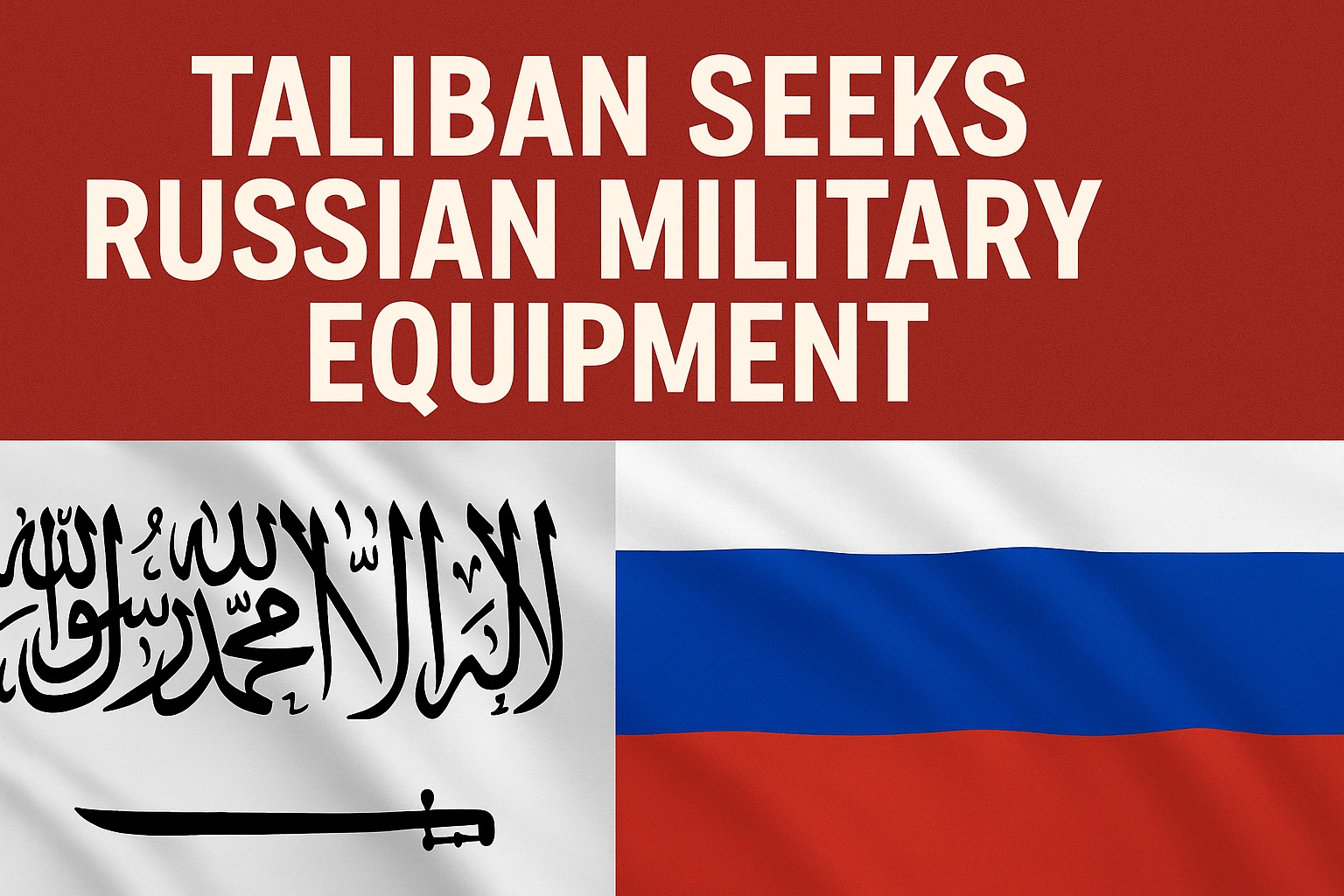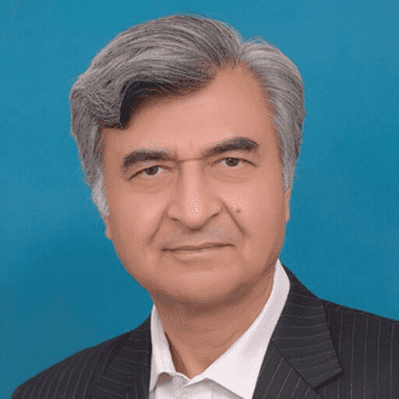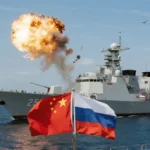In a significant development for regional geopolitics, the Taliban administration in Afghanistan has formally requested military equipment from Russia, signalling a potential deepening of defence ties following Moscow’s recognition of the Taliban-led government. This request, reported by Khaama Press and echoed by multiple regional outlets, underscores a growing strategic relationship between the two powers. While the Taliban continue to seek international legitimacy, the overture to Russia marks a notable pivot from their traditional isolation to pragmatic partnerships. As the de facto authority in Afghanistan, the Taliban assert that such defence procurements are essential for safeguarding national sovereignty and maintaining internal stability. However, this request raises both strategic and ethical questions about the potential implications for regional security, especially considering previous lapses where military resources fell into the hands of non-state actors like Tehrik-i-Taliban Pakistan (TTP).
Russia’s Recognition and the Taliban’s Strategic Shift
Since the fall of Kabul in August 2021 and the subsequent withdrawal of US forces, the Taliban have made deliberate efforts to transform their international image, from a guerrilla insurgency to a functional state actor. Although most of the global community has refrained from granting formal diplomatic recognition, Russia has taken steps in recent months that amount to de facto acknowledgment of the Taliban regime. These include high-level meetings, economic cooperation initiatives, and now, defence engagement. Russia, for its part, has historically maintained lines of communication with the Taliban, particularly as both share concerns over the spread of ISIS-K and instability in Central Asia.
Why the Taliban Want Russian Military Hardware
The Taliban’s request for military hardware, likely including armoured vehicles, surveillance systems, and small arms, comes as they struggle to quell internal insurgencies and maintain control over restive provinces. They argue that, as the ruling authority, they possess the sovereign right to defend the Afghan state through whatever legitimate means are available. From a legal and pragmatic standpoint, this position carries some weight; most governments maintain national defence capabilities to protect against external threats and internal rebellions. Given Afghanistan’s complex security environment, including threats from ISIS-K, remnants of al-Qaeda, and the Pakistani Taliban, the need for organized defence infrastructure is undeniable. Russian equipment, considered cost-effective and well-suited for rugged terrain, could significantly enhance the Taliban’s operational capabilities.
The Risk of Weapons Falling into the Wrong Hands
Nevertheless, international observers and regional actors remain deeply concerned about the potential misuse or diversion of such military hardware. Past experiences serve as cautionary tales: during the two-decade-long conflict involving NATO and Afghan national forces, vast quantities of weapons and vehicles ended up in the hands of insurgent groups after Afghan forces collapsed. More recently, reports have emerged of Taliban arsenals being accessed or leveraged by the TTP, an extremist faction with direct operational goals against Pakistan. The porous border between Afghanistan and Pakistan, along with longstanding ideological and tribal affiliations between Taliban fighters and TTP operatives, makes the risk of arms proliferation particularly acute. Any misstep in controlling these weapons could ignite regional instability, especially if advanced equipment enhances the capabilities of transnational terror outfits.
Russia’s Calculated Gamble
For Russia, supplying military hardware to the Taliban also entails a calculated risk. Moscow has its own security concerns in Central Asia and is wary of extremism spilling over into its southern republics. Yet, the Kremlin appears to be pursuing a realpolitik strategy, engaging with the Taliban not out of ideological alignment but out of geopolitical necessity. By filling the power vacuum left by the West, Russia hopes to expand its influence in the region and counterbalance US and Chinese interests. Facilitating defence cooperation with the Taliban could serve this objective, especially if such engagements are tied to assurances of border security and counterterrorism cooperation.
Implications for Regional and Global Security
From a broader perspective, the Taliban-Russia defence dialogue could reshape the regional security architecture. If other countries such as Iran or China follow suit in providing military or economic assistance to Kabul, it could solidify the Taliban’s hold on power and entrench their role as legitimate stakeholders. However, the international community remains divided. Western nations, particularly those still reeling from the Taliban’s return to power and the erosion of women’s rights in Afghanistan, are likely to view Russian support as a legitimization of an unaccountable regime. It may also complicate future negotiations aimed at inclusive governance and human rights enforcement.
Responsibility Lies with the Taliban
The onus now falls on the Taliban leadership to demonstrate that any military assistance received will be strictly used for national defence and not funnelled to extremist proxies. Transparent mechanisms for equipment inventory, use, and accountability will be essential to alleviate fears of weapon diversion. Failure to prevent such outcomes could isolate the Taliban further and jeopardize any remaining international engagement. As Afghanistan attempts to transition from decades of war into a period of consolidation, the responsible handling of foreign military aid will be a crucial litmus test for the Taliban’s credibility as a governing authority.
A Pivotal Moment for Afghanistan’s Future
In conclusion, the Taliban’s request for Russian military equipment marks a significant turning point in Afghanistan’s post-occupation trajectory. While the move reflects a pragmatic approach to state-building and defence, it also carries profound risks for regional security. The challenge ahead will be balancing sovereign rights with global responsibilities, ensuring that military tools for stability do not become instruments of terror in the hands of rogue actors. As the Taliban deepen ties with Russia and other regional powers, the world will be watching not just the weapons exchanged, but the consequences they may unleash.








